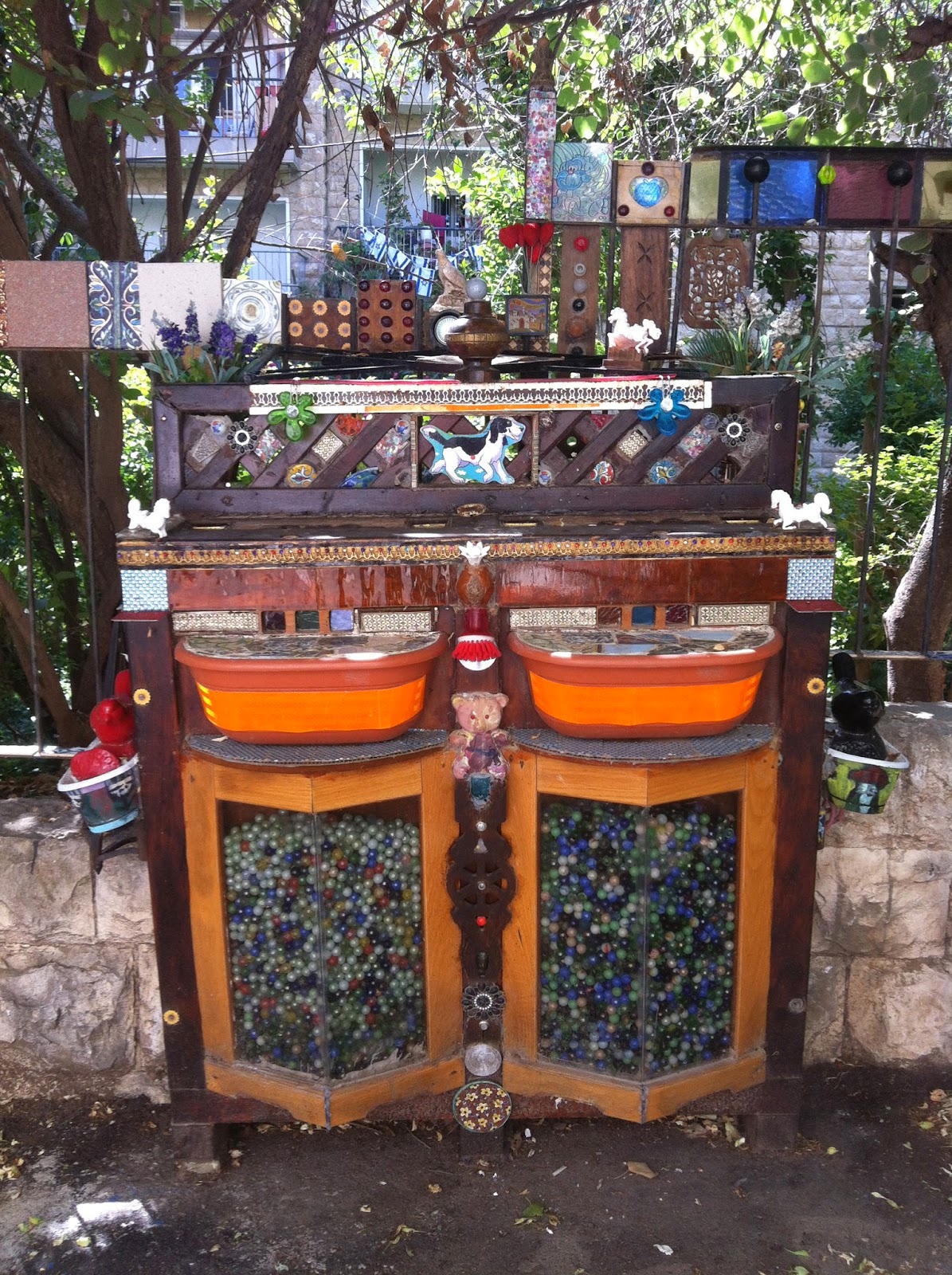As
part of this blog, I'll be interviewing olim, both new and long-timers, about
their Aliyah experiences to share with you. These aren't just people with
spectacular stories, but regular people like you and me, who decided to make
Aliyah for various reasons. My hope is that these stories will give you a
better idea of why people choose to make Aliyah, what the process was like for
them, and how they felt at different stages. What struggles they faced, and
what triumphs.
If
you're an oleh/olah and would like to be interviewed for this blog, feel free
to contact me at zivas@moia.gov.il!
To
start off this series I spoke with Natan, who is currently living in Ma'alot,
in the North.
Natan is married,
with four children, and moved to Israel from Atlanta, Georgia roughly 7 months
ago. He runs an e-commerce business, and his wife is a homemaker. Here in
Israel their four children are all in school, ranging from kindergarten to 8th
grade. Natan and his wife just finished their six month ulpan and are now both
looking for work.
Natan’s ulpan was
provided through the municipality for new olim. Natan attributes this to the
government’s desire to promote Aliyah to the North and South by providing
additional services for olim to these areas. It is abnormal for them to have an
ulpan in such a small town, but there are enough olim here, Russian, British, and
American, to support a class. The other nearest ulpan options were Nahariya or
Karmiel.
According to
Natan his children are adjusting well to the move, for the most part. Their
oldest son had troubles in the beginning, adjusting to the new country, new
school, new language. Natan has a mildly autistic son, and accommodating him
was a major consideration in his family’s Aliyah preparations. They researched
schools and programs before arriving. Because he is very high-functioning, he
goes to a regular school but he is in a special class.
As for the
adjustment of Natan and his wife, the big question is: finding work.
So far it's mostly
the local municipality that has been helping with their job search. They're
also searching online. It hasn't been all that urgent yet, because Natan has
his own business, so they've been pretty casual about it so far. They would
like to find work though, because they want to be more immersed in Israeli
life. As Natan says: "we're not going to learn Hebrew sitting at home."
The Ministry of
Aliyah and Immigrant Absorption offers numerous programs to help with the job
search, including SELA job-search workshops for professionals, preparatory
courses for licensing exams, and professional training and re-training courses,
in addition to ulpanim. Our Ministry Advisors are happy to help new olim through
the job search process, and more information can be found here.
Coming to Israel
Natan visited
Israel several times before making Aliyah. He traveled to Israel for the first
time one summer with Camp Ramah, the American Jewish summer camp, and has
visited many times after that. He and his wife have visited Israel together
twice since their marriage. They also came to Israel on a Go North pilot trip
with Nefesh b'Nefesh for a couple of weeks, after hearing about the Go North
program.
Natan says they
chose the North, and specifically Ma’alot, because they wanted to live
somewhere quieter and more suburban. They didn't want to be in an inner city.
As for Ma'alot,
the city Natan and his family chose to settle in, Natan says he loves it. They
found an apartment with "an amazing view," Natan gushes. It's a
little on the expensive side Natan says, "but you get what you pay for."
Natan described the people of Ma'alot as "unbelievably helpful." At
this time they can't afford a car, but the bus transportation is "fantastic."
They've made friends as well. In fact, Natan's wife went shopping for the kids'
costumes for Purim with some friends who invited her the day of my conversation
with Natan. He feels they have had a great success in getting settled here in
Ma'alot.
Most of the
Israelis they come into contact with speak English, but not as a first
language. There are some native English-speakers, although Natan would not
describe them as living in an “Anglo” neighborhood. “We mostly interact with
Israelis,” he says. “We didn't move to Israel to speak with Americans!”
Natan and his
wife’s main reason for making Aliyah was their children. They wanted their kids
to grow up with a strong Jewish identity. America, as Natan explains, “is not a
very Jewish country. Everywhere you turn, there's a holiday season. Valentine's
Day, Easter, Christmas. We wanted our children to go to school with other
Jewish people, to live as much of a Jewish life as possible. You can do that in
the US but it's not as easy, and it's not as free.”
They don't have
any family in Israel, says Natan, so that wasn’t a major factor in their decision
to make Aliyah or where to live in Israel. They have some contacts here, but
nobody close. His parents have discussed making aliyah, they were looking into
it at the same time as Natan and his family, but they're not ready yet
according to Natan. They’re taking their time. So far, Natan and his wife are
the first to make the move to Israel.
As far as the
Aliyah process goes, it was not particularly difficult, Natan says. He adds
that there were other factors for his family that delayed their departure. They
needed to rent out their home in the US and prepare their son for his Bar
Mitzvah. They wanted to do that before making Aliyah because they have a large
family that wouldn't all have been able to come to Israel. So they
intentionally delayed their relocation for a while. They also didn't want to
relocate in the middle of the school year. So they chose to move in summer,
otherwise they could have done it a few months earlier. In Natan’s estimation,
the process takes around a year for a family. For one person, a single, it
would probably be much faster, maybe a couple months, considering paperwork, he
adds.
Looking to the
Future
As of the time of
our interview, Natan and his wife’s biggest goal is to find work they enjoy and
to improve their Hebrew. For his kids he hopes they become absorbed into
Israeli culture and life. “Our hopes for the future are nothing really
profound,” Natan says, “except to be happy, healthy, and successful.”
He added that he
thinks improving his Hebrew is crucial to his integration here. “Although we're
getting along fine as we are, we're not where we want to be. We want to be more
comfortable getting out and speaking to people. There's nothing that really
prepares you as much as just sitting down and having a conversation with
somebody in Hebrew. My wife and I just haven't been able to do that yet. Going
to ulpan five hours a day five days a week and then getting home and getting
ready for the kids to come home, we
haven’t been able to immerse ourselves in Israeli culture yet like we would
like to.”
To sum up where
they’re at right now, Natan says, “we’re settled, but I don't really feel
settled yet. I haven't had time to take a breath. It's a mixed bag. We're
finally starting to get settled and comfortable, and then we realize we have to
go do something else!”
A huge thanks to
Natan for taking the time to speak with me, and best of luck in adjusting to
life in Israel and learning Hebrew!
If you're an oleh
chadash, you can contact one of the Ministry’s branch offices with questions
here.
Feel free to
comment if you have any suggestions or advice for Natan, or if you would like
to be interviewed for my next Aliyah Story!




































